Scientists at the Zoological Survey of India revealed that massive coral bleaching up to 83.6% had been recorded in the Andaman Sea coastal areas including a maximum of 91.5% for the South Andaman region.
The findings were reported after the scientists did a comprehensive study of the Andaman group of islands. Coral reef, an underwater ecosystem comprises colonies of corals that are held together by a building of calcium carbonate. These are extremely important for healthy marine ecology. One of the rarest and most exquisite ecosystems on Earth, it is a source of food and shelter for about 25% of all marine species.
Further, these tiny, soft-bodied organisms are also a source of new medicine, livelihood for locals, and they protect the coastline from storms and erosions.
What does the study suggest?
According to the Zoological Survey of India Director, Dr. Dhriti Banerjee, coral bleaching has happened due to the impact of the El Nino event and increased sea surface temperature in 2016.
The detailed studies during pre and post-bleaching surveys by the scientists suggest that a total of 23.58% of the life cover were lost due to this massive bleaching in 2016 in Andamans.
The destructive impacts of El Niño have resulted in bleaching events across the world. For instance, the loss of 16% world’s reef cover in 1998 with the greatest mortality report of 70% from the Indian Ocean region. In 2016, the Great Barrier Reef reported 22% of dead corals. Further, according to the International Union for Conservation of Nature (IUCN) report, coral reefs in the Western Indian ocean might see the end of light within 50 years. Similarly, scientists from the University of Hawaii Manoa said that of the world’s existing coral reefs, about 70-90% are predicted to disappear in the next 20 years.
El Niño is a climatic condition that refers to the warming of the ocean surface, or above-average sea surface temperatures, in the central and eastern tropical Pacific Ocean. It has an impact on ocean temperatures, the speed, and strength of ocean currents, and the health of coastal fisheries too.
Coral bleaching
Coral bleaching happens when corals lose their vibrant colors and turn white. Coral are bright and colorful because of microscopic algae called zooxanthellae. The zooxanthellae live within the coral in a mutually beneficial relationship, each helping the other survive.
Climate change is a major cause of coral bleaching. The warming ocean causes a change in water temperature which can cause coral to drive out algae. Coral may bleach for other reasons, such as extremely low tides, pollution, or too much sunlight.
Bleaching of scleractinian corals was recorded from the Andaman group of islands from April to May 2016. Further, a total of 83.6% of scleractinian corals bleached during this period. Maximum bleaching (91.5%) was recorded in the Andaman Sea region of South Andaman whereas it reached 83.2% in the North Andaman region as a minimum.
The Bay of Bengal coast of North and Middle Andaman did not record any bleaching. However, the Bay of Bengal coastal areas of South Andaman recorded 74.2% of bleached corals.
The studies (made up to the depth of 40m) recorded the bleaching phenomenon up to the maximum depth of 30m.




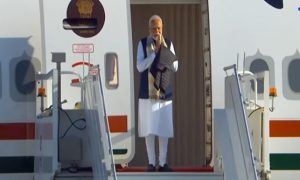





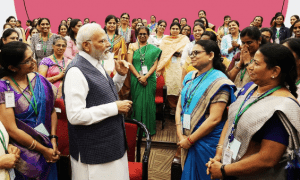



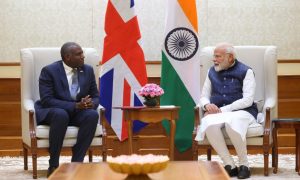

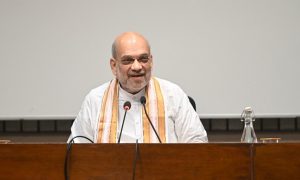

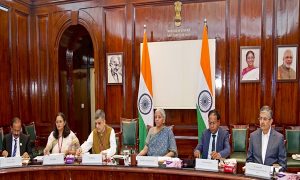



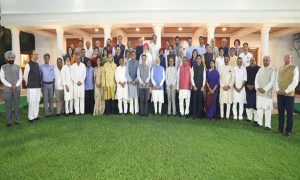





 WhatsApp us
WhatsApp us